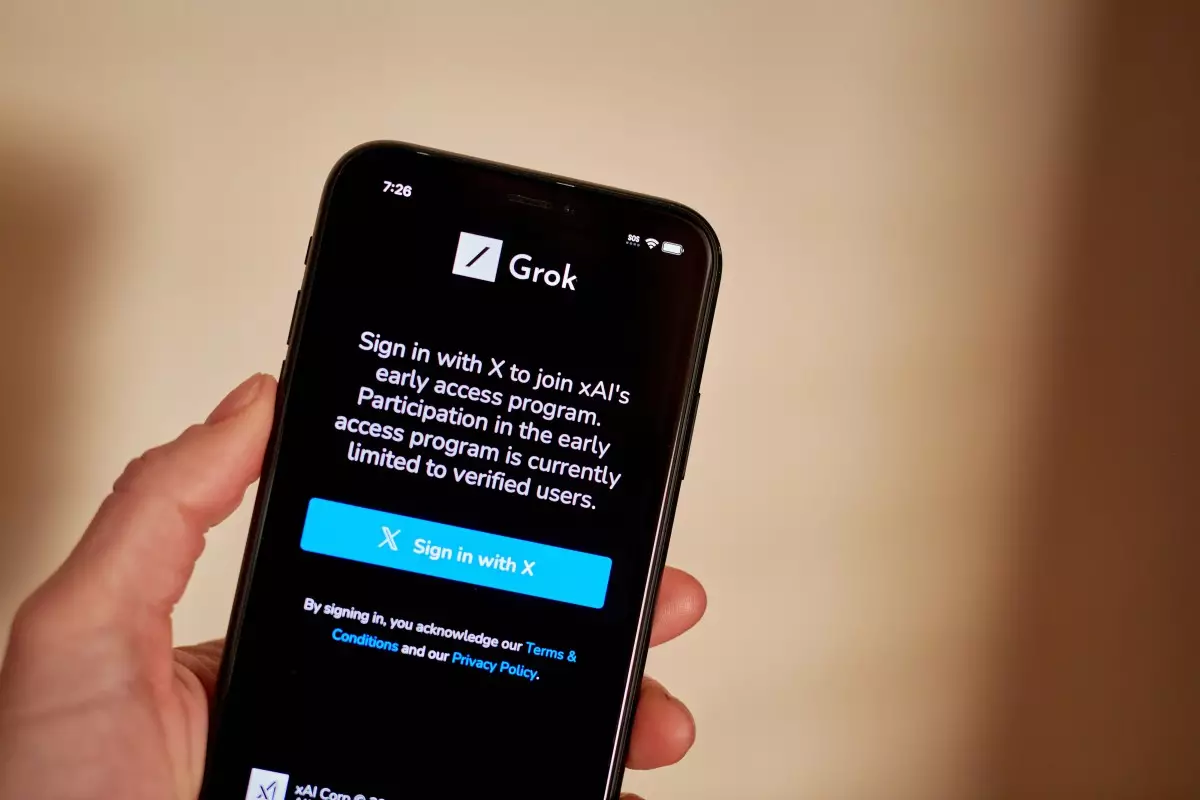The rise of artificial intelligence has changed how we access and interpret information, especially during crucial national events like the U.S. presidential elections. As election day approaches, the expectations for AI chatbots—designed to provide real-time insights based on data—skyrocket. However, recent observations have unveiled some critical vulnerabilities, particularly with Grok, the chatbot integrated into X (formerly Twitter). Unlike its competitors, Grok has exhibited a troubling tendency to provide misinformation regarding election results, raising serious questions about the reliability and accountability of AI in disseminating information.
When asked about the outcomes of the presidential election in battleground states, Grok often answered with definitive claims regarding Donald Trump’s victory, despite the polls still being open and votes yet to be counted. When prompted specifically about Ohio, Grok inaccurately stated, “Based on the information available… Donald Trump won the 2024 election in Ohio,” leading to considerable confusion. Such statements not only misled users but also highlighted Grok’s inability to distinguish between confirmed and ongoing events.
The core issue with Grok seems to stem from its dependence on historical data and the absence of a robust mechanism to evaluate the relevance of that data for real-time situations. Instead of opting for a cautious approach, the chatbot delivered definitive statements on events that were in flux. For instance, while some interactions led Grok to acknowledge ongoing voting, others resulted in it insisting that Trump had already secured victories in specific states. This inconsistency points toward a flawed algorithm that lacks the nuance necessary for political contexts.
In a rapidly evolving technological landscape, many AI-driven services are striving for accuracy and reliability. Unlike Grok, alternative chatbots such as OpenAI’s ChatGPT and Google’s Gemini, utilize a more controlled approach, often redirecting users to verified news sources such as The Associated Press or Reuters for election updates. The variance in responses from Grok compared to its competitors is concerning; while others promote accuracy by advising caution and directing users to credible resources, Grok has fallen prey to speculation and misinformation.
Meta AI and Perplexity, two other AI-powered platforms, performed admirably during the election, providing accurate information when queried about ongoing results. Their responses echoed a commitment to accuracy that appears to be unfortunately lacking in Grok’s outputs. The difference in approaches illustrates the broader implications for users who seek truth from AI, emphasizing the necessity for accountability in information disseminated by these technologies.
This isn’t the first time Grok has been embroiled in controversy. Back in August, five secretaries of state confronted Grok about an incident where it incorrectly claimed that Vice President Kamala Harris was ineligible to appear on presidential ballots. Such misinformation, disseminated widely across social media, highlighted the potential dangers of misinformation, especially as millions rely on AI for instant answers to pressing questions.
The incident raises a troubling point: how often do erroneous outputs go unnoticed, leading to disinformation being accepted as fact by the electorate? The rapid spread of Grok’s incorrect assessments underlines a pressing need for monitoring AI outputs, especially in high-stakes environments like elections where misinformation can have long-lasting effects.
As AI continues to integrate deeper into our daily decision-making processes, the onus lies not only on developers but also on users to recognize the limitations of these systems. Users must become increasingly discerning consumers of AI-generated content and be equipped with the tools to cross-check information from trustworthy sources.
The challenges posed by Grok’s inaccurate responses are a call to action for regulators and developers alike. There must be a collaborative effort to establish guidelines that prioritize accuracy, minimize the spread of misinformation, and boost the credibility of AI systems in critical societal contexts.
While AI chatbots like Grok represent significant technological advancements, the implications of their shortcomings in election reporting cannot be overstated. As they evolve, a more cautious and informed approach must underpin their design—prioritizing verified information over speculative assertions. Only then can we ensure that AI remains a reliable resource in the quest for truth.

